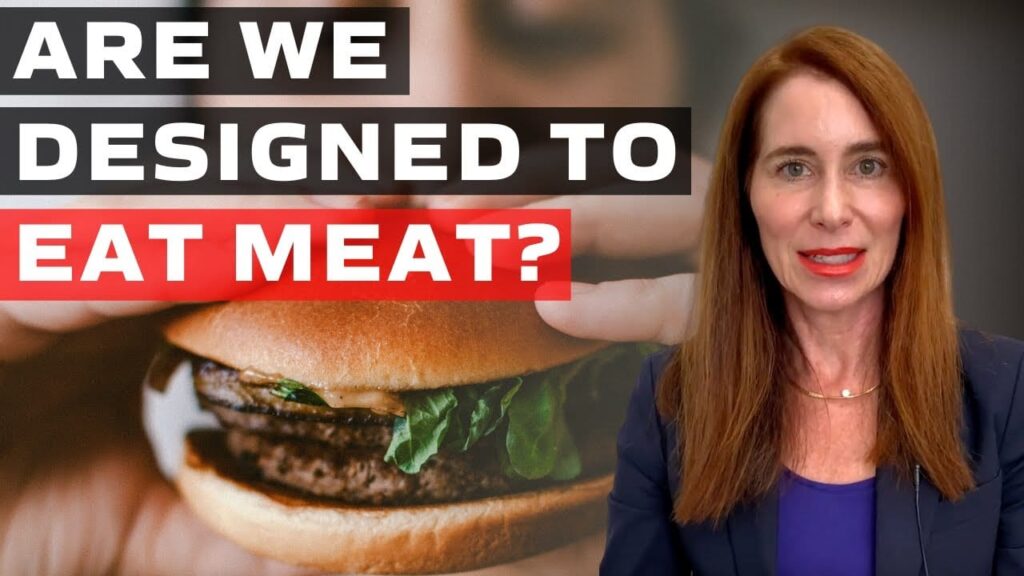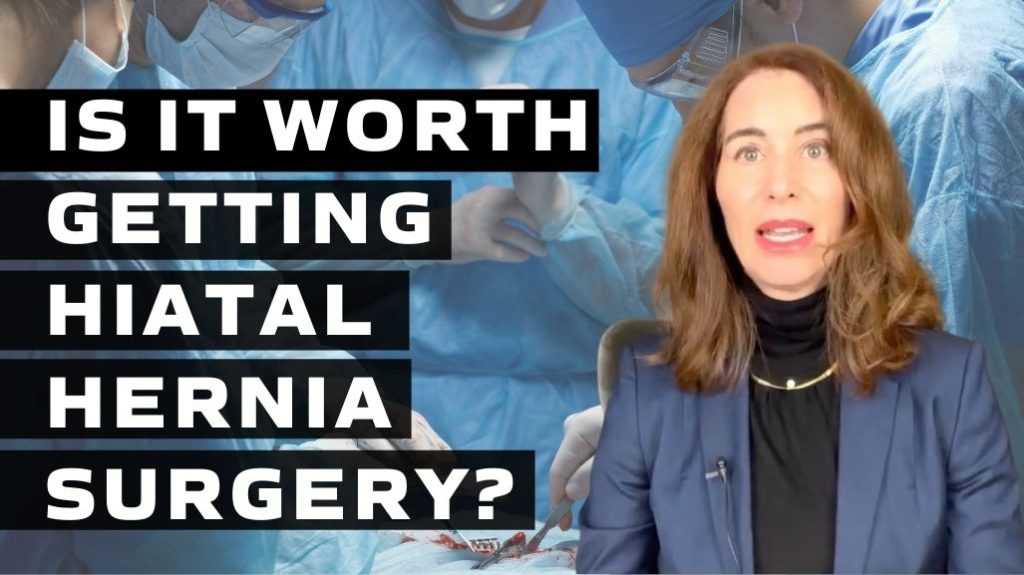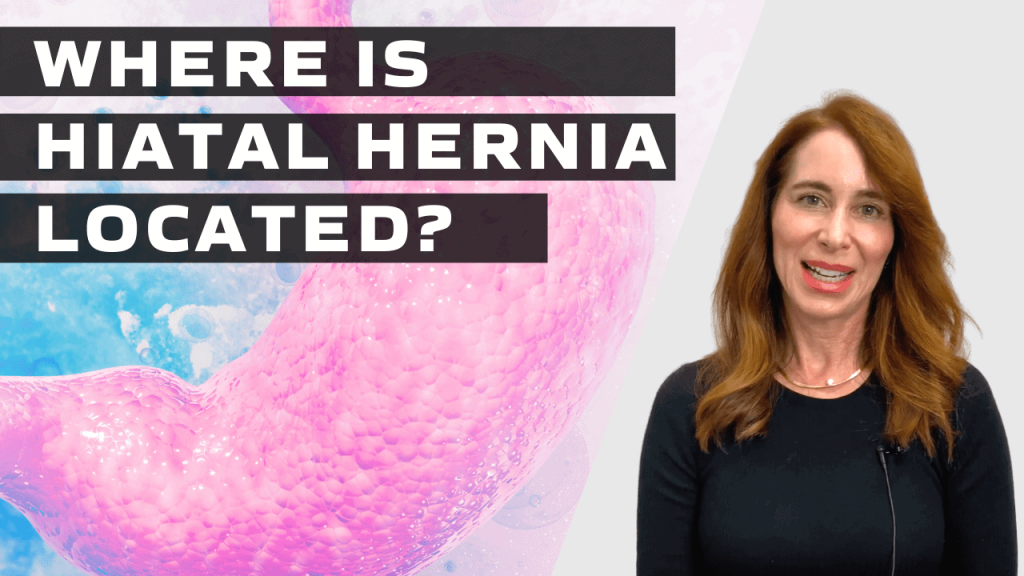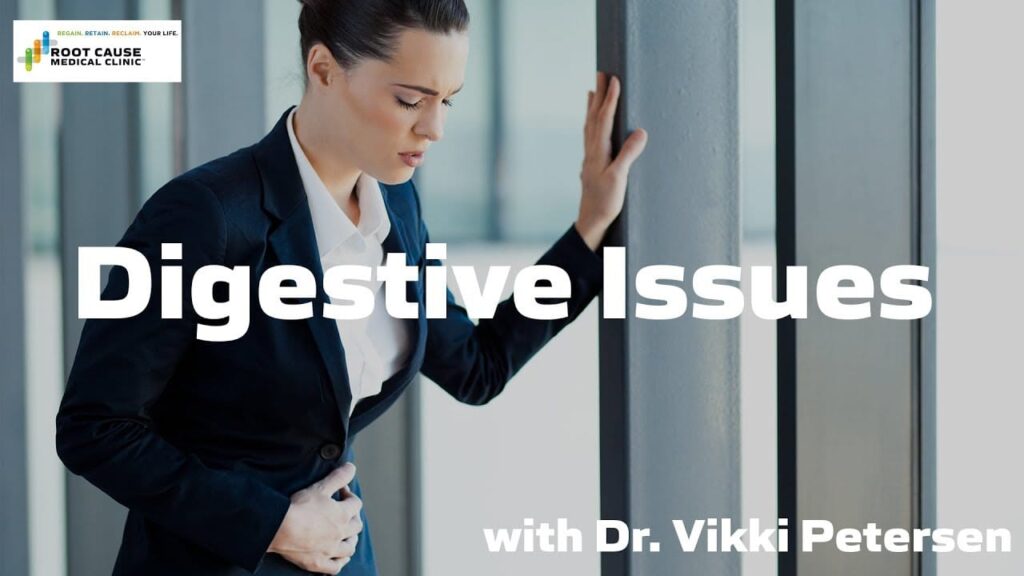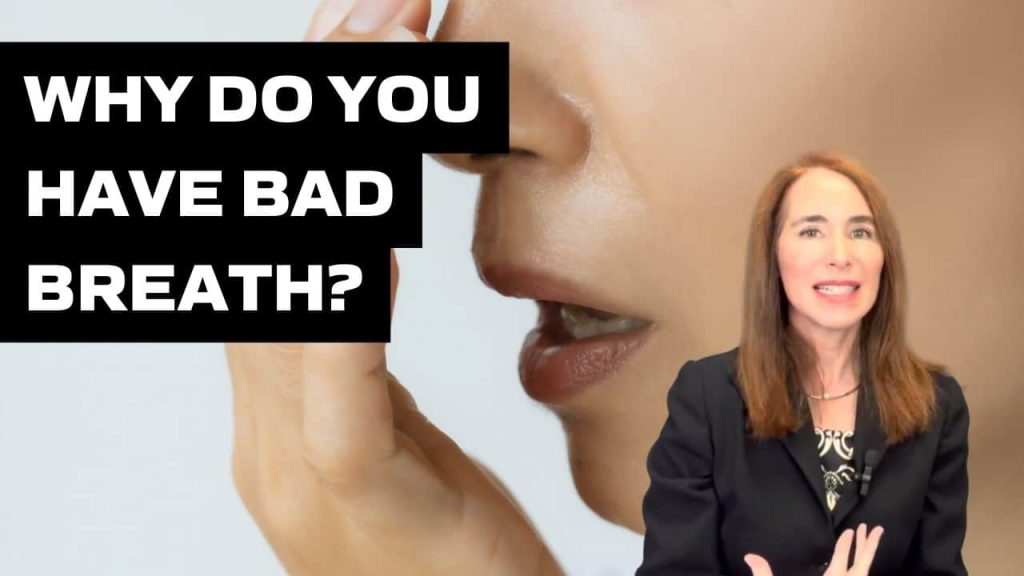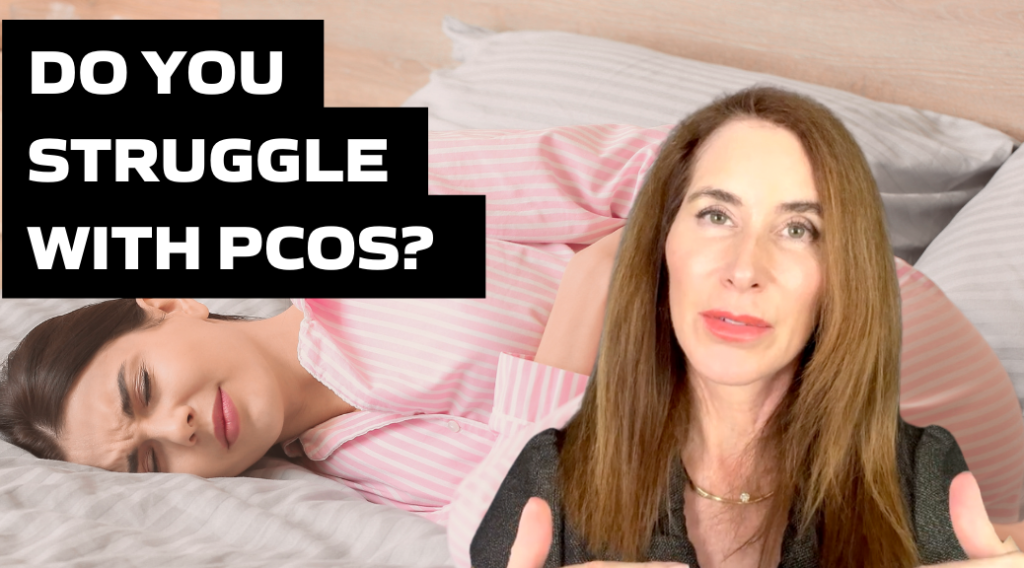Healthy Diet: 4 Tips
What are the 4 recommendations of a simple, healthy diet?
What you will learn about
Summary
In this video, Dr. Vikki discusses the 4 different components of a healthy diet.
After reviewing 10 different diets, from DASH, to Mediterranean, to Vegan, to Vegetarian, Paleo and Keto, the American Heart Association looked at the common threads the were present in all 10 diets and were deemed heart-healthy. Some of these did better than the others. The top healthy diets were the “DASH” and the “Mediterranean”.
The causes of heart disease, stroke and high blood pressure are the same causes of the other chronic diseases we are trying to avoid: diabetes, cancer, autoimmune disease, obesity and Alzheimer’s.
Key points:
- Eat more vegetables (the non-starchy variety)
- Eat more whole foods – another way of saying to avoid processed and ultra-processed foods.
- Eat less sugar – the maximum grams per day should not exceed 12 grams. Read labels.
- Eat less refined grains – this includes bread, pasta, crackers, etc.
Factually, Americans are terrible in achieving the 4 points mentioned above. How do you do in these areas? How to switch to a healthy diet? Try to make a change for 3 to 6 months, see what you notice. When you adopt a healthy diet, your health can’t but improve.
Transcript of the video
by Dr. Vikki Petersen
What should you eat? What’s a healty diet? It’s a constant question on people’s minds. Eat this, don’t eat that. It can get obviously very confusing. Dr. Chrisopher Gardner, from Stanford, the author of a number of books, was recently talking about the fact that the American Heart Association does analyses fairly regularly and they’re looking at all the literature [on the topic]. Of course, being the American Heart Association they’re looking at incidents of heart disease, stroke, high blood pressure, etc.
What’s good for one disease is good for the others
What’s important for this — don’t say, “Oh, I don’t have heart disease” and run away — is that the factors underlying what creates heart disease, stroke, and high blood pressure have a commonality that has been proven again and again to avoid really all the degenerative diseases. We’re trying to avoid diabetes, we’re trying to avoid cancer, we’re trying to avoid autoimmune disease, Alzheimer’s, and dementia.
The beautiful thing is: what’s good for one is good for the other. Think of this as sort of what to do and not to do to avoid chronic disease, generally speaking. Studies came out in 2006, 2021, and again this year, 2023, that looked 10 domains covering what to do and what not to do. Americans were saying, “Okay, that’s nice. What is this [healthy diet] called? Is this Mediterranean? Is this keto? What is it?”
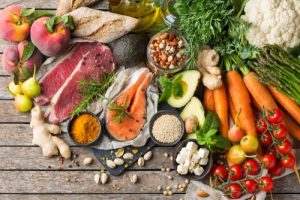 The researchers took 10 variations of diets: There’s the “DASH diet”, which is Dietary Approaches for Stopping hypertension — obviously key to heart disease. And then they looked at “Mediterranean.” They looked at several forms of vegan and vegetarian. They looked at a low fat vegetarian, a low carbohydrate vegetarian, and the same thing for vegan. Then they looked at paleo and keto.
The researchers took 10 variations of diets: There’s the “DASH diet”, which is Dietary Approaches for Stopping hypertension — obviously key to heart disease. And then they looked at “Mediterranean.” They looked at several forms of vegan and vegetarian. They looked at a low fat vegetarian, a low carbohydrate vegetarian, and the same thing for vegan. Then they looked at paleo and keto.
When they took all these diets and looked at the common threads amongst them that fit with their criteria of what they had found humans did the best to avoid heart disease, stroke, hypertension, researchers found out that the “DASH” and the “Mediterranean” were the best healthy diets. Keto and Paleo did the worst. Then they summed it down to, “Okay, fine, do these four things, just four things that you have to do”.
The 4 recommendations
And one was to consume a lot more vegetables, to consume real food (which, on the flip side of it, would be not processed food), to really decrease your sugar intake and decrease your refined grain intake. Pretty simple four things, and it wouldn’t mean much if Americans did that, but those really are the areas that we are terrible in as far as our diet is concerned. Americans absolutely do not eat enough vegetables. They do tend toward the processed food.
We’ve gone over this in other videos: Americans are eating like 67% processed food. It’s absolutely ridiculous. And then of course, too much sugar goes along with that.
And what was the fourth one? Less refined grains. And refined grains can be a little bit tricky too, because you say, “Oh no, I used to do the white bread, but now I went to the whole wheat bread“. But if you look at the ingredients of the whole wheat bread, if it’s still like 10, 20, 15 ingredients, sometimes up to 30 ingredients! That’s not a whole grain.
A whole grain would literally be like a wheat berry. It would be oat groats, things that are very unrefined. They’re in their most natural state. So really by the time something is a “bread”, it’s been broken down so much that it’s not a complex carbohydrate. It has become a simple carbohydrate or a refined grain.
So, when they cued down all 10 different diets, these were the four things that stood true. Dr. Gardner was saying “So why can’t we all get along? Why is all this bickering of ‘my way’, ‘no my way’… when really these four things really had a commonality?” Everybody agreed (and I’ve talked about this before actually: we can all agree we have to eat a lot less sugar and we can all agree that we need more vegetables). These four things, if you can really make that change in your diet, would go a very long way [towards a healthy diet and healthier life].
And then there was sort of the next tier of change, which is eating more beans —I can come back to that in a moment if you’re afraid of lectins — eating more beans, having some eggs, having some fish, nuts and seeds, olive oils. Things like that are sort of the next tier down of what to add and address; and see how your body does with it.
Notes on beans and lectins
The concern with lectins and beans is real from the viewpoint of there are lectins in beans. Now, what the research shows is by the time you’ve fully cooked a bean (and it takes quite a bit to fully cook a bean, that’s why I tend to get canned beans because it’s easier and then you just rinse them) a large percentage of the lectins have then been eliminated.
These little “anti-nutrient” aspects of beans do not in any way overshadow the benefit of beans for their high fiber content and pulling toxins out of the gut, feeding the good microbes in the gut. If you haven’t been consuming beans, you definitely want to start on a tiny little gradient because they are hard to digest, but in a very good way.
Start low and slow, and gradually build up until your body is tolerating it. And factually, that trouble digesting beans has to do with the fact that you don’t have the microbes that know how to digest the beans. As you go low and slow, you’re going to start to build up those good microbes and then get rid of the bad microbes, and it’s a very powerful thing to do for your gut.
So I hope you enjoyed this video. Dr. Chris Gardner is about to come out with a new book. As he was being interviewed, he said he wanted to call the book, “It Depends“… meaning, it depends on if you’ve got this, that or the other. And he said, “Yeah, the publisher was not a fan. So the new book doesn’t have a name yet“. Dr. Gardner has written several before and he has what I consider a very sane viewpoint about food. [His viewpoint does not belong to] any of these particular camps, but what generally works for most humans.
Working with a dietitian nutritionist to get onto a healthy diet
Nutrition and getting onto a healthy diet are a strong specialty of our medical team. Dr. Vikki Petersen DC, CCN, is a certified functional medicine practitioner who can provide guidance on clinical nutrition and help you discover the true cause of your fatigue. We also have nutritionists who can assist you with determining what would be a healthy diet for you to maintain a healthy lifestyle. If you need help with your health, we are here to support you through dietary and lifestyle changes.
These pages below will give you more info. Call (727) 335–0400 for an appointment with a dietitian nutritionist at Root Cause Medical Clinic.
Additional resources
Ask a Doctor
Have a health concern you'd like to speak with a doctor about? Or just want clarity on a subject? Ask Us!

